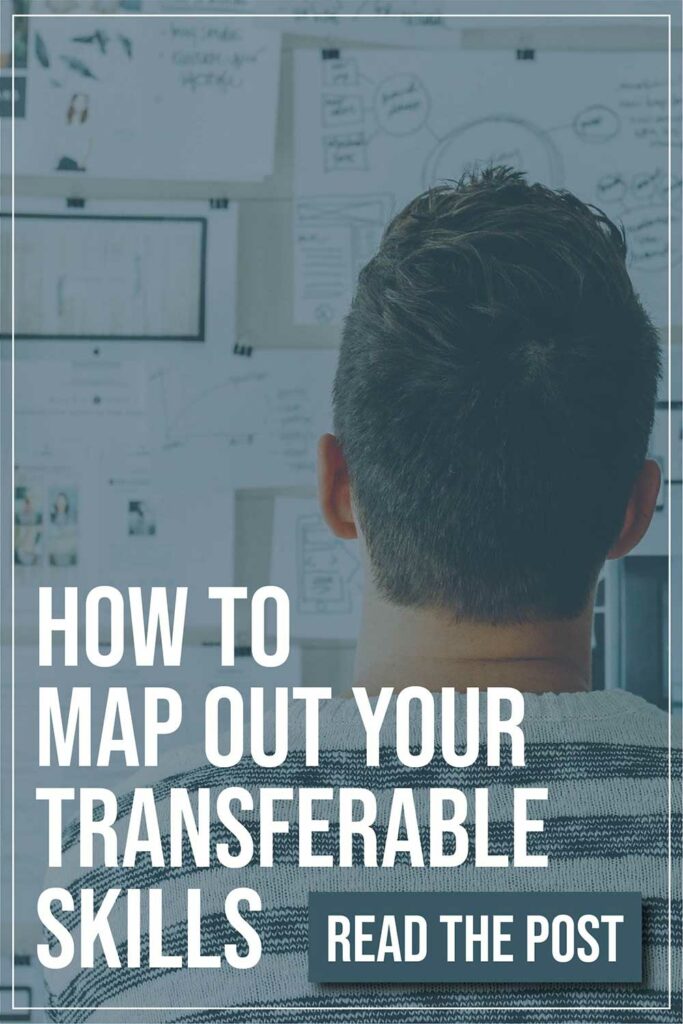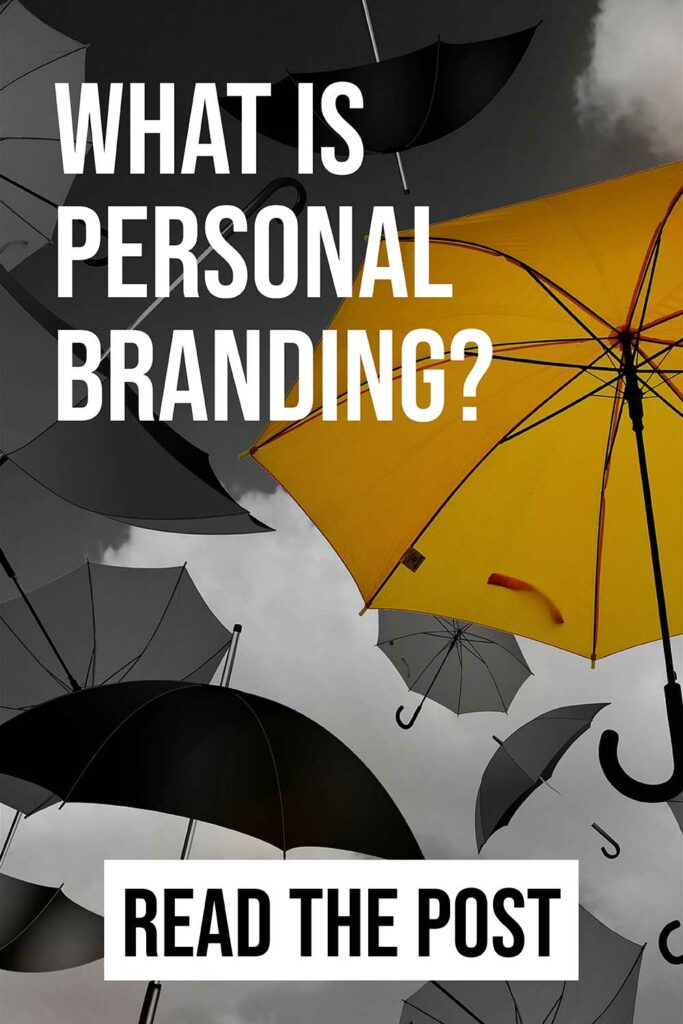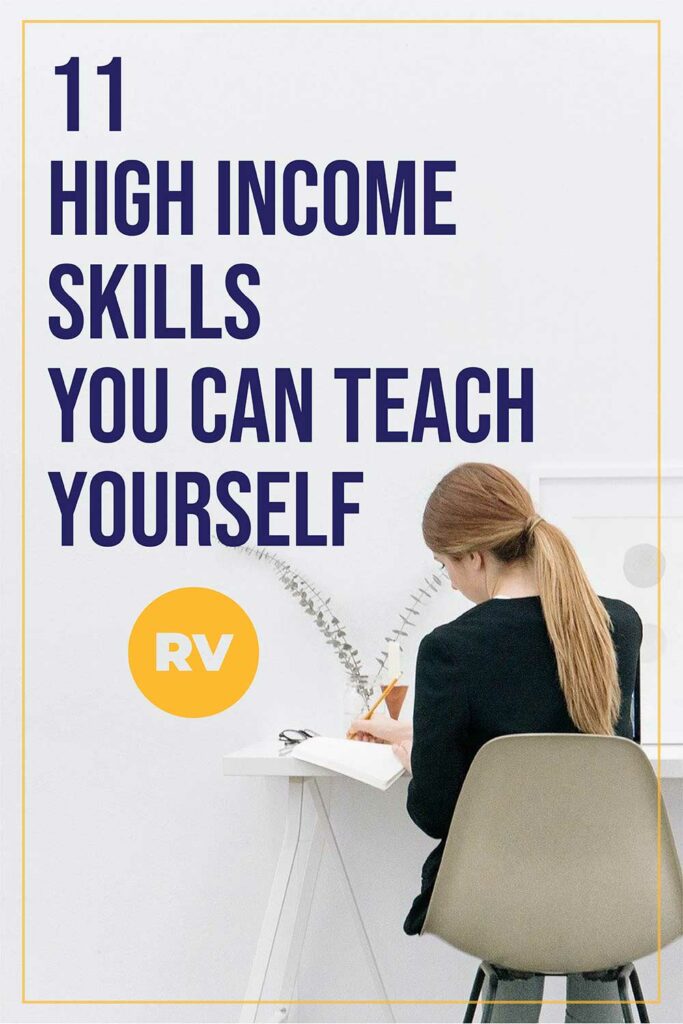By Rebecca Scott
The pandemic has changed a lot of things: where we work, how we work, and even what we do for work. The Great Resignation has made everyone rethink their careers, questioning whether they feel fulfilled, whether they are being challenged, and whether they are utilizing their transferable skills to the fullest.
I know for myself this was definitely the case — I was working a 9-5 where I was underwhelmed, didn’t feel valued, and burnt out from being in a toxic environment. I took the necessary time to reevaluate what I wanted from my career and what my next step would be.
This led me to a career pivot, going from marketing for a tech company full-time to freelance copywriting. Not only did reassessing my career help me figure out what I wanted to do next, but taking stock of my transferable skills helped me see what skills I already possessed that I could then use for copywriting. It gave me confidence that I wasn’t “starting from scratch” — I’ve gained many skills from both school and work that I could apply to my career pivot.
Whether you’re job hunting or pivoting careers, this article will help you realize the most valuable transferable skills are important to land (or even create) your dream job well after the pandemic is over.
Adaptability
With the world changing at such a rapid pace, you’re correct in thinking that adaptability is essential. Adapting means you are open (and willing) to change your ideas and behaviours in regards to new and sometimes unexpected situations.
People who are adaptable don’t get stuck on one solution to solve a problem; they are resourceful and have multiple ideas for an issue. They are also curious, because let’s face it, without curiosity, adaptability isn’t possible. When curiosity is at play, people are learning — which enables growth and makes being adaptable a whole lot easier.
The pandemic forced everyone to adapt — whether they liked it or not. The majority of us went from working in an office to working from home. We had to adapt our spaces by creating functional offices within our homes. We had to adapt to using different types of platforms to communicate with our coworkers.
Going beyond the obvious ways in which the pandemic has affected this skill, job seekers have realized that shooting off 100 applications (using the same resume) to positions they were only semi interested in just wouldn’t cut it anymore. It takes a lot more effort, from tweaking your resume and cover letter, to networking with employees who work at your desired company, to land that coveted position.
While it’s so much easier to continue doing things as they are because it’s what you know and feels comfortable, you won’t be doing yourself any favours by remaining inflexible. Start getting outside of your comfort zone. Take small steps, like using a new platform, working on a different type of project, or learning a new skill. You’ll be presented with new situations that you weren’t exposed to before. The more you do this, the better you’ll be at finding new solutions and adapting to the circumstances.
Another way to become more adaptable is by learning from others – asking your colleagues, friends and family how they adapt to certain situations in the workplace. Observing and intentionally asking how others remain flexible and handle situations will give you a different perspective and a new way of thinking.
Critical Thinking
Critical thinking is the analysis of facts, evidence, observations, and arguments to come to a conclusion. It involves looking at the information that is being presented and digging deeper into what exactly led to this point. Once you’ve scrutinized the ideas, you can determine whether they are more opinion- or fact-based. With that, you can investigate the legitimacy of the research (if any has been done) and decide whether you want to use this evidence to back up a decision.
Thanks to technology, there’s so much information (usually crap) that bombards us daily, so sometimes it’s hard to tell what’s real and what’s “fake news.” When little was known about COVID-19, there was a ton of misinformation about what to do and not to do to keep yourself safe at home and at work. The pandemic shone a light on the huge gap in critical thinking.
I always say that the top skill (and most useful one) I learned from university is critical thinking. University taught me that critical thinking is so much more than taking something at face value, or reading something and concluding, “It must be true.”
I was taught how to review studies rigorously (thanks to my psychology professors), ask the right questions, assess the credibility of information presented, and then decide how/if to use the information. I’ve been able to bring this to my work — double checking the validity of resources I reference, questioning processes (just because it’s “always been done this way” doesn’t mean it’s the most effective), and analyzing the results of projects to see why it did or didn’t work.
You can become a better critical thinker by expanding your industry-specific skills to help you pinpoint problems more easily. You can actively try and solve problems for your employer (again by asking the right questions and questioning processes/solutions).
Read books about critical thinking, and even take additional workshops that require analysis and critical thinking. The point is, you have to be an active learner to become an independent thinker. Be willing to seek out learning opportunities and draw your own conclusions.
Emotional Intelligence
While IQ is important, emotional intelligence (EQ) is equally, if not more essential. People with a high EQ are able to easily identify emotions — theirs and others. They have strong empathy, self-awareness, and social skills. Leaders that excel usually have a high EQ because they have a knack for connecting and understanding those around them.
Unfortunately, EQ took a hit because of the pandemic. When we experience prolonged stress it leads to burnout and exhaustion, which means we tend to be less compassionate, not only that but it’s a lot harder to utilize this skill when we’re isolated or meeting people mostly virtually.
This begs the question, how does somebody increase their EQ? The first step is awareness — be more aware of your emotions (mindfulness meditation can help with this) and the emotions of others. It helps to be more observant and conscious about your surroundings.
When speaking to others, be an active listener (we have two ears and one mouth for a reason). Really take in what the other person is saying — notice their facial expressions, hand gestures, and tone of voice.
Remember to be compassionate not only towards others, but also yourself, because improving your EQ will take time (and a lot of patience). Improving this skill will ultimately help you in various situations, from dealing with a frustrated coworker to disagreements with your manager.
Conflict Resolution
Just like the sun rising every morning, conflicts are inevitable (hopefully, unlike sunrises, arguments aren’t happening on a daily basis). Humans are complicated and their emotions are always in-flux.
That’s why conflict resolution, which involves understanding the perspective/concerns of both parties and coming to a harmonious agreement, requires a high EQ. When you can understand yourself and have empathy/understanding for the individual you’re arguing with, conflict resolution becomes a whole lot easier.
Conflict in the workplace affects morale and can lead to a toxic work environment and unwanted staff turnover. The pandemic added friction to the workplace, whether it was between co-workers, supervisors and their subordinates, or even between entire departments. Everyone’s bandwidth had been maxed out because of bigger societal issues and conflicts became more difficult to manage.
Just like developing EQ, developing conflict resolution skills won’t happen overnight. It’s not always easy (especially in the heat of the moment and you feel yourself going on the defense).
Be an active listener to stay engaged; this will ensure everyone involved feels heard. Try and keep your emotions at bay (you don’t want them to cloud your judgment). This doesn’t mean ignoring your emotions. It just means that you want to focus on facts so that you can logically work towards a peaceful solution.
Workshops can help with specific skills, such as non-violent communication, where participants learn to calmly discuss triggering issues (or issues with a triggering person). Be aware of your nonverbal communication cues. Practice in a mirror having an open posture and maintaining eye contact.
READ MORE:
8 Super Marketable Skills You Might Already Have
4 High-Value and Transferable Academic Skills
Personal Branding
Businesses have branding to promote themselves, so why shouldn’t individuals? Personal branding integrates your unique combination of experience, skills, and personality that you want to present to the world. You get to decide how you want to share your story which reflects your values, behaviour, and words.
Thanks to the pandemic, the concept of personal branding has exploded. Whether you like it or not, everyone has a personal brand, so it’s just a matter of whether you decide to craft it yourself or let it evolve organically (beyond your control). With so much being online — from workshops to networking — your personal brand can make or break landing that dream job.
Personally, I love using LinkedIn and have curated my personal brand on there over the past year. I realized that even though in-person networking events will be coming back, there’s no substitute for easily connecting with individuals on a platform.
My personal brand has allowed me to highlight my strengths (easily connecting with others, along with being curious, flexible, and willing to learn) and my passions (marketing, copywriting, and podcasting). I’ve also been able to land clients, develop connections that led to mentors, and seek guidance from experts while changing careers.
Creating a personal brand requires a lot of self-reflection (you can do this through journaling, meditation, going on walks). I also find it helpful to have 3-5 individuals who are your confidants — they know you extremely well and can provide you with solid feedback. Your personal brand can also extend to your portfolio, resume, and cover letter. You want everything to be consistent, in both language and design.
Conclusion on Transferable Skills
While it’s difficult to say when exactly the pandemic will end, it’s safe to say that these skills will serve you well into the future.
Rebecca Scott
I am a freelance copywriter. I love how this career allows me to learn about a variety of topics. One moment I’m writing about finance, the next about the latest in design technology. No matter the subject, I’m ready to learn about it, write about it, and craft a clear message for your audience.
I have pivoted my career from psychology/academia (I worked as a research assistant and research ethics coordinator) into marketing and now into copywriting. I’ve learned a lot along the way from how to properly research and be a critical thinker, and using marketing (SEO, A/B testing, target audience) to be a strong copywriter.
I love the value that Roostervane provides because the old way of thinking about careers (having an education, then having a job for 20+ years) just isn’t cutting it for today’s world. Even the way we apply to jobs has changed a lot in the past few years.
If you’re in need of a consistent brand voice, feel free to reach out to me on LinkedIn.
P.S. People often ask me if I prefer being called Rebecca or Becky…either one works!







